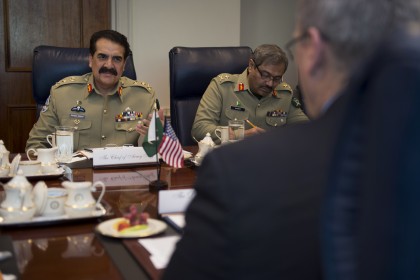South China Sea: more trouble
Philippine President Rodrigo Duterte has sought to sever ties with the United States, a declaration that has elicited much skepticism. The West Pacific is in for some realigning of relationships if he makes good on this threat.

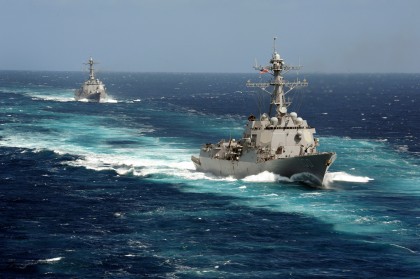
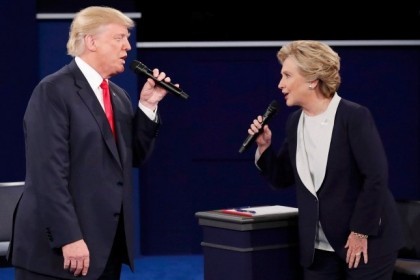
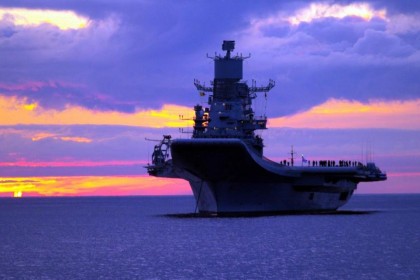
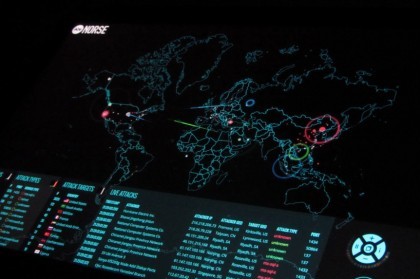
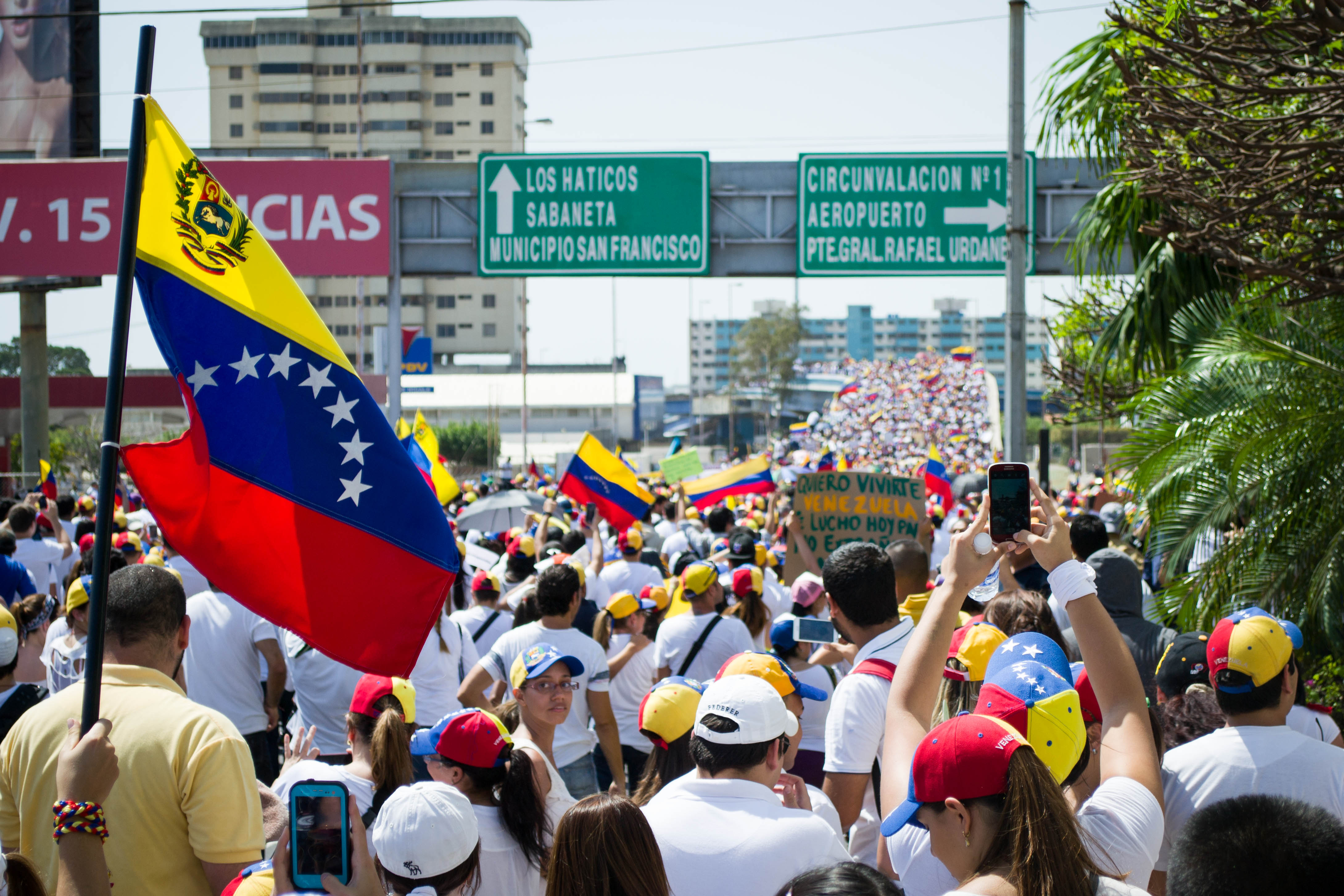
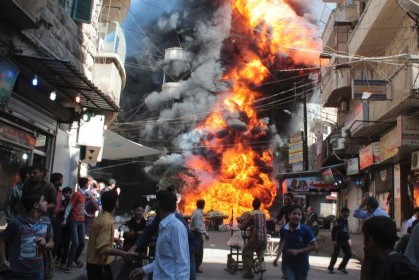

![DSC_0211[1]](https://www.gatewayhouse.in/wp-content/uploads/2016/01/DSC_02111-e1452754538418.jpg)

